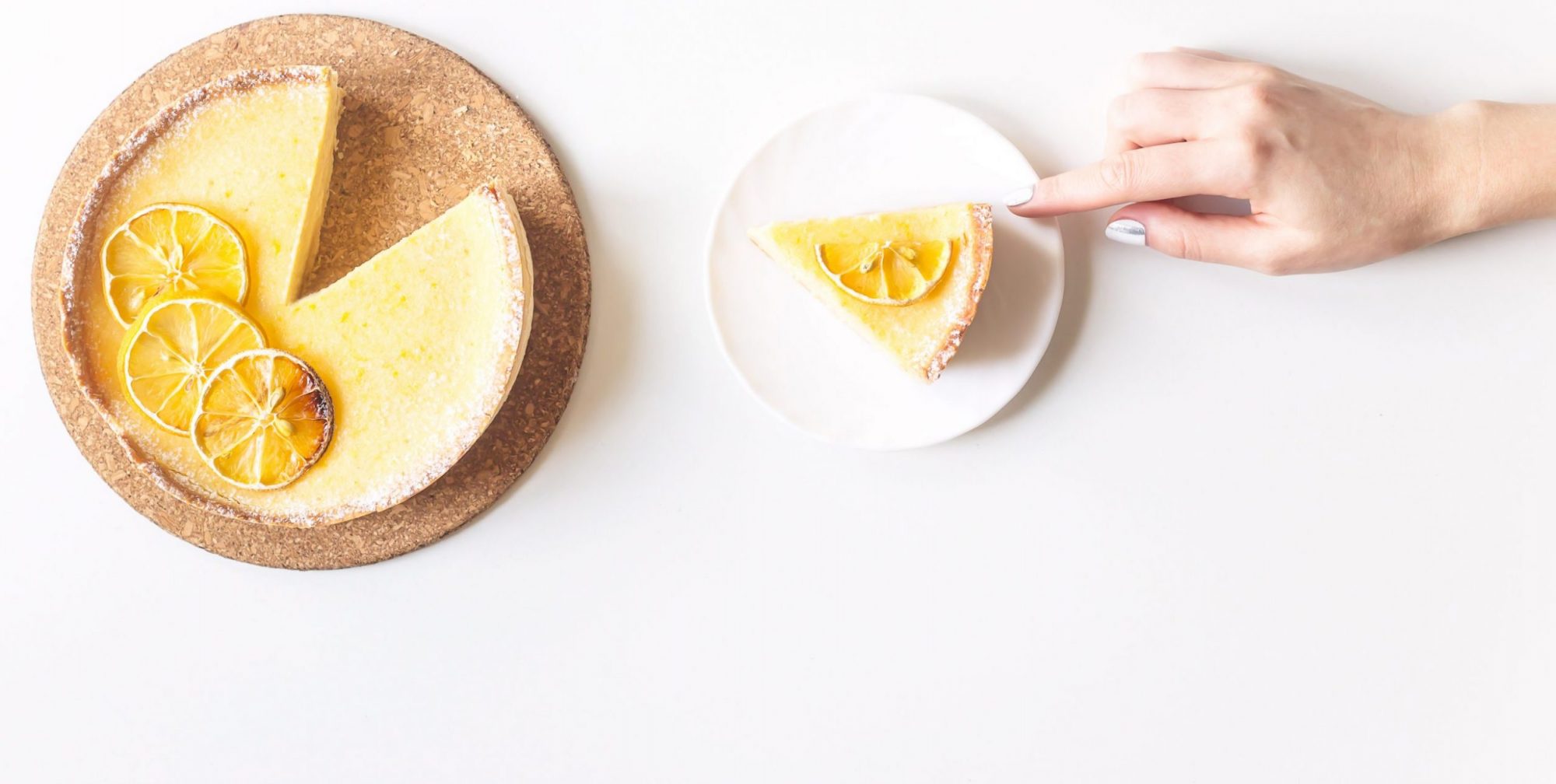Let’s all eat gallons of coconut oil and smother it all over our body! No wait – Coconut oil is poison! No wait – it’s still better, and it won’t make us fat! Plus, olive oil spoils at high temperatures so you can’t cook with it. Oh wait – I can cook with it, it just can’t be virgin. But use virgin coconut oil for everything else! Oh wait, I mean olive.
Needless to say, it’s pretty easy to get confused and not know what information to trust. In this case, a meta-analysis (studying all the reliable data over a long period of time) is necessary. There’s almost always going to be conflicting studies in the media because they love to cherry-pick the science that will sensationalize the public in order to increase their viewers, and therefore; income.
What’s fact and what’s fiction?
 The reason why coconut oil gets a bad reputation is because it’s 80-90% saturated fat, which has been shown to be overall worse for health than unsaturated fats, regardless of source, because it raises the unhealthy “LDL” cholesterol. (Thankfully, it at least raises good “HDL”cholesterol too).
The reason why coconut oil gets a bad reputation is because it’s 80-90% saturated fat, which has been shown to be overall worse for health than unsaturated fats, regardless of source, because it raises the unhealthy “LDL” cholesterol. (Thankfully, it at least raises good “HDL”cholesterol too).
Coconut oil is said to be healthier because there is a special type/formation of coconut oil made entirely of medium-chain triglyceride (MCT), and this is more quickly absorbed and burned as fat. However, store-bought coconut oil contains mostly lauric acid which is not a MCT and is therefore processed like all other long-chain triglycerides; slowly (and painfully, clogging our arteries just like red meat and butter). Also, the groups we’ve heard about in Asia with lower cholesterol who consume mostly coconut oil have many other characteristics in their lifestyle which doesn’t allow us to just assume coconut oil is the answer. But hey, at least it’s still great for our hair and skin!
Is olive oil the golden standard?

Almost! It’s unsaturated which means it helps to reduce cholesterol, decreases inflammation, and it’s also full of antioxidants. Extra Virgin olive oil is best eaten raw, and you can use regular olive oil for cooking since it resists high heat a little bit better. It’s chemical composition changes when it gets past around 200 C (deep frying temperature), which is about the same as coconut oil anyway. The one thing coconut oil really has over olive oil is that olive oil isn’t great for the skin, it can actually damage it. Basically, as long as you don’t get your olive oil smoking hot, it can be your go-to oil cooking oil.
An ode to Avocados

Now this is the golden standard. Avocados are one of the most nutrient dense foods with far-reaching health benefits. They help to reduce cardiovascular disease, inflammation, lower blood pressure, and the list goes on. Not only are they extremely beneficial to your diet, but avocado oil is equally so to your skin. It decreases inflammation and increases collagen synthesis and enriches dry and damaged skin. On top of that, is has a much higher smoking point which makes it safer for cooking or frying. It does it all!
What about ghee?

It hasn’t been studied very much as its introduction to Western society is relatively new. There are a few studies showing its health benefits. For example, reducing heart disease risk, improving memory, enhancing wound healing, and not affecting HDL or LDL cholesterol. Without substantial research, it’s usually best to keep things in moderation if they pose no serious health problems. But, we can’t deny that making a batch at home doesn’t turn your house into a bakery smelling of the freshest, richest croissants – and then bottling it up to whiff whenever one pleases (… and I do).
In summary
Coconut oil: rub it all over your bod just don’t guzzle it down
Extra Virgin olive oil: drench your raw food in it
Olive oil: cook it up, but not too hot
Avocado oil: fry, cook, rub, whatever you fancy
Ghee: enjoy it now and then for its delicious awesome buttery caramalized flavours of yum
And for dessert?
It’s no surprise I love desserts, and the two best flavoured oils for desserts are hands down, in my opinion, ghee and coconut oil. To prove that, here is my recipe for Almond Butter Fat Bombs. The most deliciously addictive frozen treat (and I do mean treat! Not to be eaten daily for obvious reasons mentioned above). But hey, at least it’s sugar free!

Almond Butter Fat Bombs
A deliciously addicting fat-filled treat.
Vegan, Paleo, Gluten & Sugar-free.
Ingredients
Almond Butter Base
- 3 tbsp virgin coconut oil
- 3 tbsp ghee
- 8-9 tbsp raw almond butter ecological
- 1/2-1 tsp all natural vanilla
- 1/4-1/2 tsp salt pink himalayan
- 1/2 tsp cinnamon
Chocolate Topping
- 1.5 tbsp virgin coconut oil
- 2.5 tbsp ghee
- 4 squares lindt 85% chocolate
- 2-4 tbsp Dutch (24% fat) cocoa powder
- 1/4 tsp all natural vanilla
- 1/2 tsp cinnamon
- dash salt pink himalayan
- 1 tsp honey optional
Instructions
Melt all the base ingredients on medium-low heat until smooth and the salt has dissolved. Pour into silicone molds and freeze. Meanwhile, melt the chocolate topping ingredients on low until smooth. Pour the chocolate topping on top of the frozen base. Once frozen, enjoy!
Recipe Notes
This recipe can be altered to whatever your tastes prefer, more or less vanilla, chocolate, etc (the salt is key in this recipe though, don't forget it!). Experiment to find what works for you.
